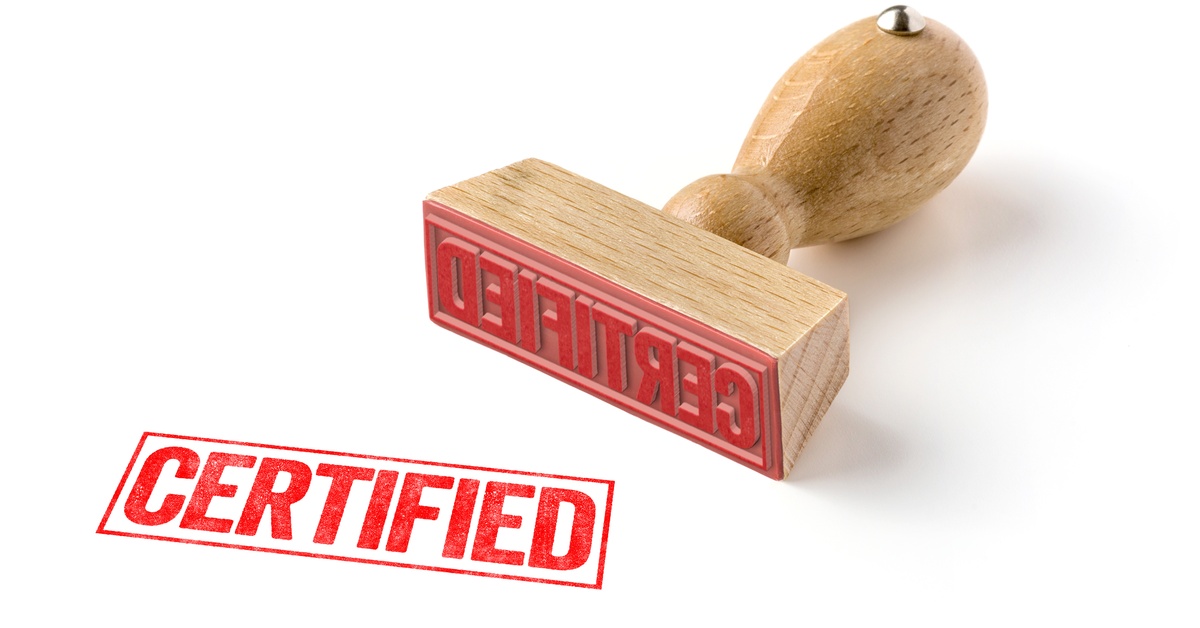
Small and medium-sized businesses rely on accurate measurements to keep operations running smoothly. When weighing products or materials, knowing the difference between certified and non-certified scales is essential. The difference comes down to how they’re tested, approved, and used, and how the one you choose can directly impact your business’s compliance and reputation.
What Are Certified Scales?
Certified scales are approved for “legal for trade” use, meaning they meet the strict standards set by the National Type Evaluation Program (NTEP) and local Weights and Measures authorities. These scales undergo rigorous testing to ensure they deliver precise, repeatable results.
Businesses that sell products by weight—such as grocers, recyclers, or shipping companies—must use certified scales to remain compliant. Certified models also include a tamper-proof seal to prevent calibration changes after approval.
Key Benefits of Certified Scales Include:
- Guaranteed compliance with state and federal regulations
- Improved trust with customers and suppliers
- Protection from costly fines and disputes
Businesses with transactions based on weight should always choose certified models to avoid compliance issues and maintain credibility.
When To Use Non-Certified Scales
Non-certified scales are still reliable but are intended for internal use where compliance isn’t a concern. For example, warehouses, manufacturing plants, or farms might use non-certified scales to track inventory, verify loads, or manage production without selling based on those weights. These scales don’t carry the additional certification cost, making them a more affordable choice for internal operations.
A heavy-duty weighing scale used in a factory to monitor outgoing pallets or raw materials often doesn’t require certification as long as it’s not used in sales transactions. Non-certified scales give businesses flexibility and cost savings while still delivering accurate results.
Choosing the Right Option for Your Business
The right choice depends on how you use the scale. If you charge customers by weight or your operations must undergo regulatory audits, certified is the only way to go. If you only need weight data for internal tracking or quality control, non-certified is usually sufficient.
Here’s a quick way to decide:
- Certified: Customer-facing transactions, compliance required
- Non-certified: Internal operations, no legal requirements
Get Expert Guidance on Your Next Scale
Understanding the difference between certified and non-certified scales helps small and medium-sized businesses choose the right equipment for the job. Prime USA Scales offers a full selection of high-quality scales, along with expert guidance to match your business’s specific needs. Contact us today to get started with the perfect solution!